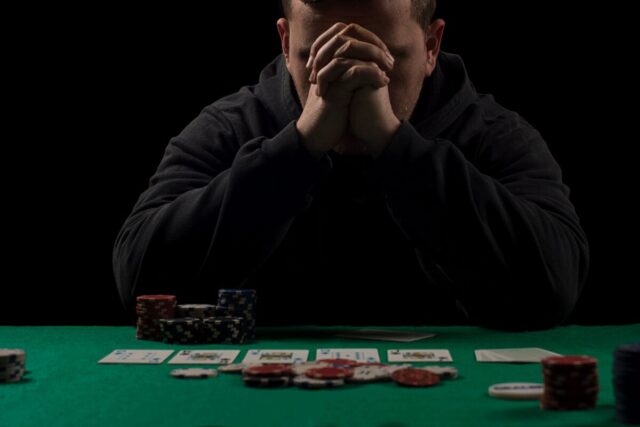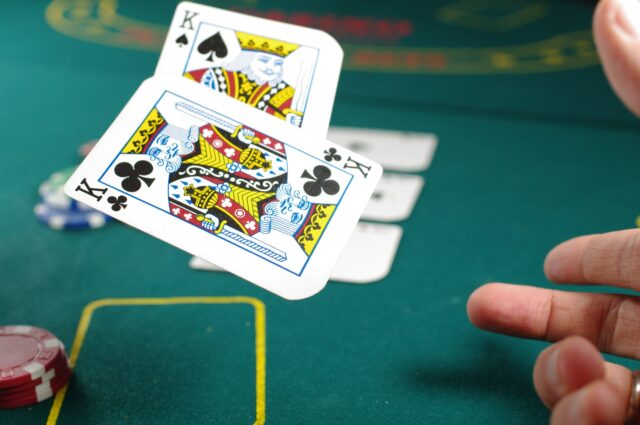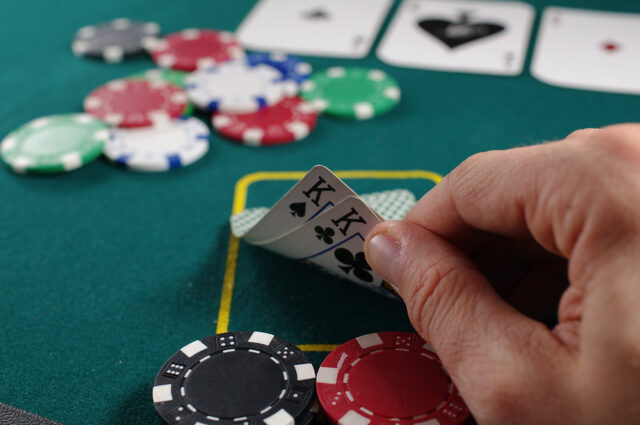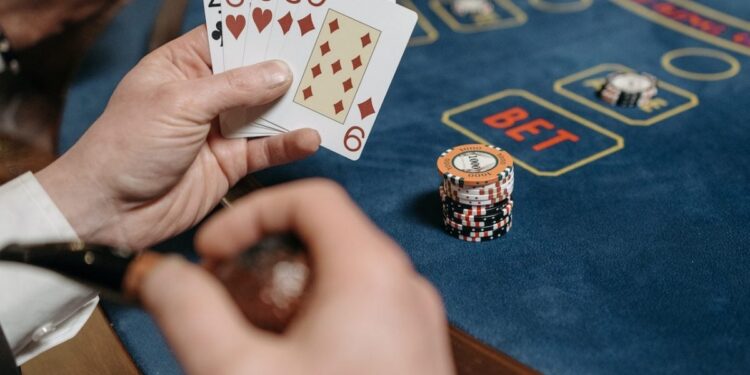Gambling, a world of uncertainty and thrill, is not just a game of luck but a complex landscape of decision-making. Every roll of the dice, turn of a card, or spin of a wheel is a culmination of various decisions made by the gambler.
Understanding these choices is crucial for both players and observers, as it sheds light on the psychological dynamics at play.
Factors Affecting Gambling Decisions
In gambling, decisions are influenced by emotional states, cognitive biases like overconfidence and the gambler’s fallacy, and external factors such as social pressure and casino environments. Let’s go through them.
Emotional Factors

Emotions profoundly influence gambling decisions. The rush of excitement can lead to risky bets, while fear may cause undue caution. Gamblers often make snap decisions based on how they feel at the moment, which can override logical thinking. For instance, the joy of a big win might spur a gambler to place larger, riskier bets, chasing the high of another win.
Conversely, the despair of a loss might lead to ‘chasing losses,’ where one continues gambling in an attempt to recover what was lost, often leading to even greater losses. Have this in mind the next time when you visit some of the best online casinos Canada has to offer.
Cognitive Factors
Cognitive biases significantly shape gambling behavior. Overconfidence, for example, can make gamblers feel invincible, leading them to take unwarranted risks. Another common bias is the gambler’s fallacy – the belief that past events can influence future outcomes in games of chance. For example, after seeing red win multiple times in roulette, a gambler might incorrectly assume that black is ‘due’ to win.
External Factors
Gambling decisions aren’t made in a vacuum. They are influenced by the environment and social context. The vibrant, energetic casino atmosphere, with its lights and sounds, is designed to excite and entice gamblers, potentially impacting their decision-making. Social factors, like peer influence, can also play a role.
Risk Assessment in Gambling

In gambling, risk assessment involves evaluating the potential rewards against the chances of losing. This process is complex, as it involves not just understanding the odds, but also weighing them against one’s own tolerance for risk and potential for gain. Gamblers often rely on intuition more than statistical probabilities.
Impulsivity vs. Rationality
The struggle between impulsive and rational decision-making is central to gambling. Impulsive decisions, often driven by emotions or cognitive biases, can lead to reckless betting and significant losses. On the other hand, rational decision-making, which involves careful thought and consideration of odds and outcomes, can lead to more calculated and potentially more successful gambling strategies.
Strategies for Informed Gambling Decisions

To gamble responsibly and increase the chances of success, it’s important to set limits and manage one’s bankroll. Setting limits involves deciding on the maximum amount one is willing to lose before starting to gamble.
Bankroll management is about pacing bets to ensure that one can play for a desired period without running out of funds. It’s also crucial to be aware of gambling fallacies and to understand the odds of the games one is playing.
Conclusion
Understanding the decision-making process in gambling is key to responsible play and can enhance the enjoyment of the game. The factors influencing these decisions, from emotional and cognitive biases to risk assessment and the balance between impulsivity and rationality, paint a complex picture of the gambler’s mind. By acknowledging and respecting these factors, gamblers can make more informed choices, leading to a healthier and more enjoyable gambling experience.





